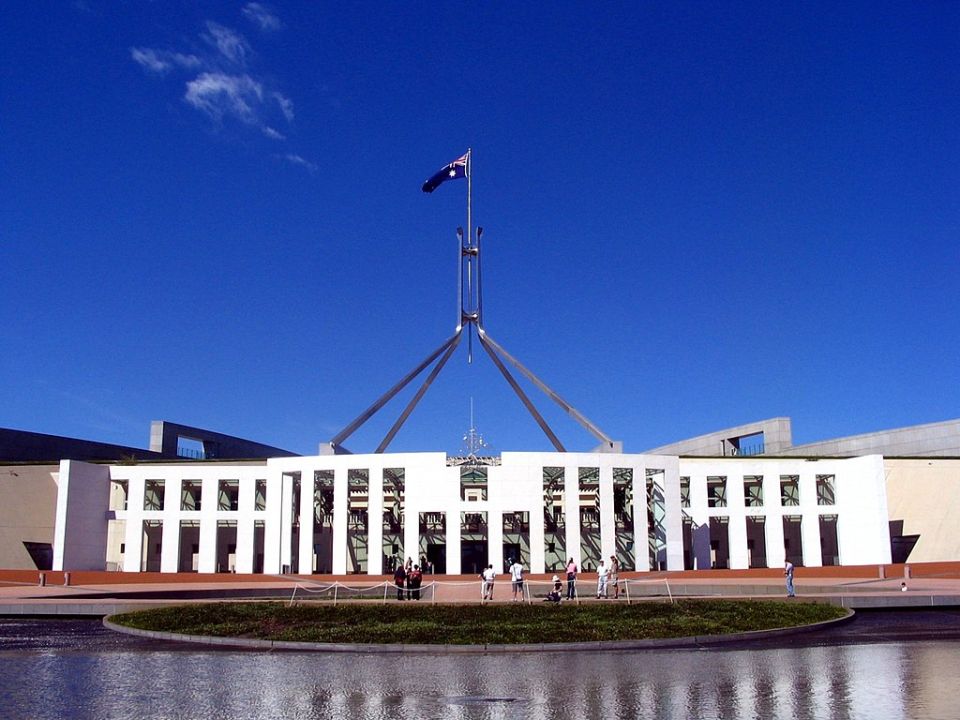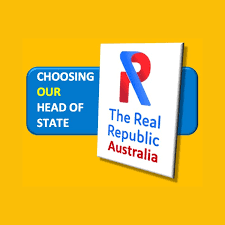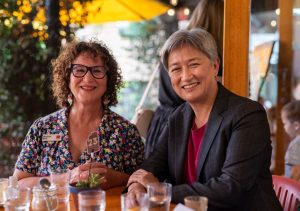
 Chair of the Real Republic Australia, David Muir, says Prime Minister Anthony Albanese’s government has already done more in its first few weeks in office to advance reform of the Australian Constitution than all previous governments since Paul Keating’s.
Chair of the Real Republic Australia, David Muir, says Prime Minister Anthony Albanese’s government has already done more in its first few weeks in office to advance reform of the Australian Constitution than all previous governments since Paul Keating’s.
Mr Muir also said recommendations by three parliamentary committees in the previous Federal Parliament provided a significant “to-do list” for other reforms to improve national governance.
He said commitments to progress a referendum on constitutional recognition of First Nations, the designation of Matt Thistlethwaite as Assistant Minister for the Republic, and earmarking a possible referendum on a republic in its second term if re-elected all distinguished the Albanese Government from its predecessors.
“It was 1999 when questions on constitutional reforms were last put to voters, yet within days of the Albanese Government taking office it foreshadowed not one but two referendums,” Mr Muir said.
“Recognition of First Nations will quite rightly be the priority for this term of government but Matt Thistlethwaite has said discussion of a republic should be encouraged so Australians are better informed by the time a referendum is held.
“This is a welcome change from the approach taken by governments since Paul Keating’s. John Howard committed to the 1999 referendum but there is still the lurking belief he did so only because he guessed – correctly – that it would fail because the wrong model was put to voters.
“All recent prime ministers have hidden behind their claims that we needed to wait for the Queen’s reign to end before even talking about a republic.
“Even Malcolm Turnbull, a former Australian Republic Movement head, was willing to have the debate in the 1990s when everyone including Her Majesty were 30 years younger, but ducked for cover as prime minister when he could actually do something about it.
“This morbid and unnecessary ‘death watch’ approach has just been an excuse for inaction because the British royals from Her Majesty down know the debate is not about them.
“They know and some have said publicly that the debate is for Australians to have and to make our own decision about the future of our nation.
“Indeed, waiting for the Prince of Wales to inherit the throne risks a damaging ‘get Charles’ campaign which is why the Real Republic Australia believes the debate should have started years ago.”
Mr Muir said the Real Republic Australia saw no value in denigrating the British royals who, notably the monarch, could exercise little or no choice about their roles in life.
“They are not asked but are told to serve, so to attack them personally is disrespectful and won’t change a thing.”
He said the Real Republic Australia would soon release a discussion paper seeking feedback on its model for a directly elected head of state.
“We do not support the old ‘politicians’ republic’ that failed at the 1999 referendum when voters clearly rejected the idea of federal MPs picking their head of state for them,” he said.
“Nor do we support variations of it such as the Australian Republic Movement’s latest model that inserts every politician in the nation into the process by restricting the candidates offered to voters to a shortlist approved by MPs in federal, state, and territory parliaments. That is nowhere near direct election.”
Mr Muir urged the Albanese Government to pursue recommendations by three committees of the previous parliament.
The House of Representatives Standing Committee on Social Policy and Legal Affairs last year conducted an inquiry into constitutional reform and referendums and presented its report in December 2021. Among its 10 recommendations the Committee urged action by the incoming federal government to establish a new joint committee of both houses of the federal parliament – the Joint Standing Committee on Constitutional Matters – to review the Constitution and examine proposals for reforms including the staging of more regular constitutional conventions with public involvement.
The Joint Standing Committee on Electoral Matters responsible for reviewing the conduct of the 2019 federal tabled its report in December 2020 and made 27 recommendations including:
consideration of a future constitutional referendum to break the nexus between the number of Senators and the number of Members of the House of Representatives,
asking the Committee to inquire into the size of the House of Representatives, with consideration to the growing average size of electorates and growing demands of the electorate.
asking the Committee to inquire into the length of Parliamentary terms with a view to introducing non-fixed four year terms for the House of Representatives (and consequently eight year terms for the Senate) to bring the Commonwealth Parliament into line with State Parliaments,
asking the Committee to inquire into the viability of replacing by-elections for the House of Representatives with alternative methods of selecting the replacement MP, and the viability and ramification of determining a seat to be declared vacant when the sitting MP resigns from or leaves the Party under which they were elected.
The Senate Legal And Constitutional Affairs References Committee conducted an inquiry into Australia’s nationhood, national identity and democracy in 2019 and 2020 with its report tabled in February 2021. The committee made 18 recommendations for federal government action including suggested improvements to civics education in schools, among young people, and in the wider community.
“There are many worthwhile ideas in all of these recommendations that have been put forward by cross-party committees as well as some we may not support,” Mr Muir said.
“But they offer good starting points for further examination and we should pursue them otherwise we waste an opportunity to make improvements to the way we as a nation are governed.”
Image from Commons Wikipedia. Author
| Andrea Schaffer from Sydney, Australia |








